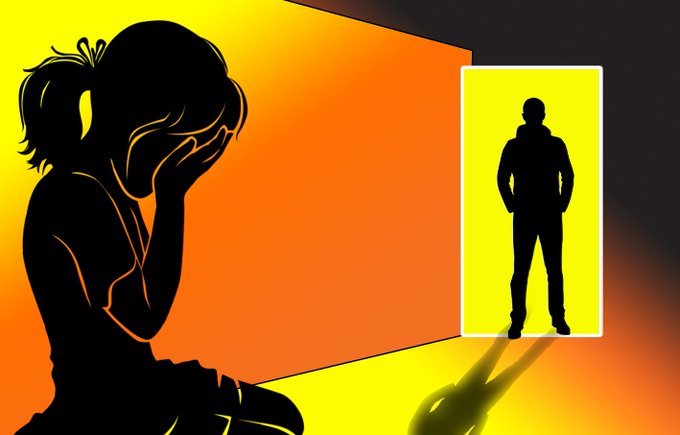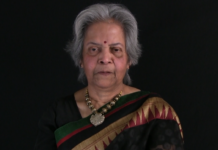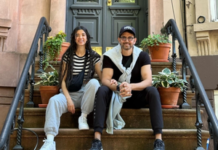New Delhi– It has been nine years since the barbaric gang rape of a 22-year-old woman in Delhi shook the conscience of the country to its core. The national capital was at that time labelled the ‘Rape Capital‘ and the safety of women seemed in tatters.
Nirbhaya, the woman who was brutally raped on December 16, 2012, got justice after eight years when on March 20, 2020, all her rapists — Mukesh Singh, Vinay Sharma, Akshay Thakur and Pawan Gupta — were executed in Tihar jail.
Since 2012, several steps have been taken by successive governments to enhance women’s security, not only in the national capital, but all over the country. And now after almost a decade, the real question is — are women really feeling safe in Delhi? Has there been any reduction in crimes against women? It is only the residents of the national capital who can answer these pertinent questions. But the data says otherwise.
Crimes against women in the national capital continue to show an upward trajectory, compared to last year’s data. According to the data compiled by the Delhi Police, 1,725 women have been allegedly raped in the current year till October 31 in the city. In 2020, 1,429 women were victims of this heinous crime in the same period. Compared to the data from last year, there has been an increase of 20 per cent. In 2020, the total number of crimes against women stood at 7,948 which this year has increased to 11,527. In total, the crime against women has increased by a massive 45 per cent in the national capital in just the past 10 months.
The high rate of crime against women in current times doesn’t mean that the crime was less before. It’s just that it was not even reported earlier, hence the data never showed any alarming figures. But things have changed in these years and it is the police personnel on the ground that get the first call in such incidents. “Much has been done to prepare the Investigative Officers (IO) at the grassroot level who are the first respondents to such crimes,” said Rajesh Deo, DCP, Special Police Unit for Women and Children (SPUWAC).
SPUWAC, as the very name suggests, is a special unit of the Delhi Police which aims to safeguard the rights of women and children in the Capital. While on the one hand it inquires into the complaints and investigates the cases related to dowry and other crimes against women, primarily matrimonial disputes specified in section 498-A and 406 of 34 IPC, on the other hand it caters to children by building a cadre of child-friendly police and child-friendly police stations across the city.
Deo told IANS that it is not just one agency (SPUWAC) that is working for women’s safety in the national capital. “Several wings of the Delhi Police are in coordination and working in that area,” he said.
While speaking to other Delhi Police officers, it was learnt that 10,000 cameras are being installed under the Safe City Project. “Of them 42 cameras are being installed at the crime hotspots,” an officer said.
Apart from this the police have taken several other initiatives in the recent past to improve the response time to distress calls. Three months ago the Delhi police integrated the Police Control Room (PCR) patrolling vans with the existing beats of the police stations. “This improved the functioning and augmented capabilities at the police station level for separation of law and order and investigation functions,” said an officer.
Recently, during an event, Delhi Police Commissioner Rakesh Asthana had averred that the safety of women in the national capital is their topmost priority. He said that the Delhi Police have six DCPs, 8 ACPs and 9 SHOs, who are all women, and they have been placed in those areas where the police anticipates crime against women. “Overall the approach is that if a woman is in distress, if a child is in distress, then proper attention is given to them,” Asthana said.
He also informed that the Delhi Police have a crime against women cell in every police station and the SPUWAC. “This not only provides help during investigation but also in counselling women and children in distress,” Asthana noted. The approach is to pay more attention to such issues and solve problems with a positive mindset, he added.
Though several steps have been taken by the authorities and law enforcement agencies, there is still a long way to go to make women feel safe and secure in the city. (IANS)














